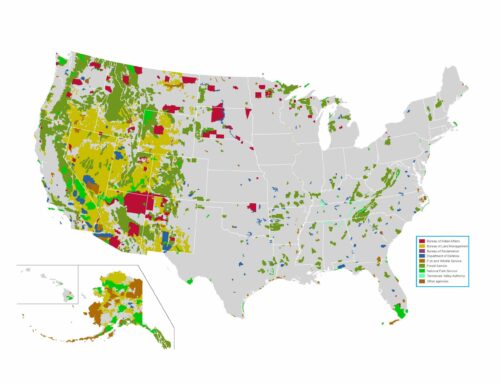by Greg Walcher, E&E Legal Senior Policy Fellow
As appearing in the Daily Sentinel
The Detroit Lions have not won a playoff game since 1991 and have never been to the Super Bowl. But no defeat stops them from trying again and again. Just like the EPA.
A month ago in this space, we talked about a new round of litigation regarding the Biden Administration’s latest attempt to control all water in the country, under the thoroughly discredited theory that the Clean Water Act gave EPA such broad authority. Lawsuits over the re-issued definition of “Waters of the United States” (WOTUS) have been filed by 23 states, almost the same number as sued the Obama Administration over the same issue in 2015. Colorado led that fight, and won at the U.S. Supreme Court, because as the court ruled, the proposed definition goes beyond any power Congress ever gave EPA.
The second major setback for the Administration came from Congress, where both Houses voted to overturn the EPA. The Democratic-controlled Senate passed the measure by a margin of 10 votes, showing bipartisan opposition to EPA’s late-night re-issuance of the Obama rule (EPA quietly announced its final approval late on Dec. 30). The Senate’s margin may not be enough to override a presidential veto, which Biden threatened. But it certainly sends a signal, not only to the White House, but also to the courts, that Congress does not intend EPA to regulate every stream, creek, pond and puddle in America. That was never the intent of the Clean Water Act, which applies specifically to navigable waters.






